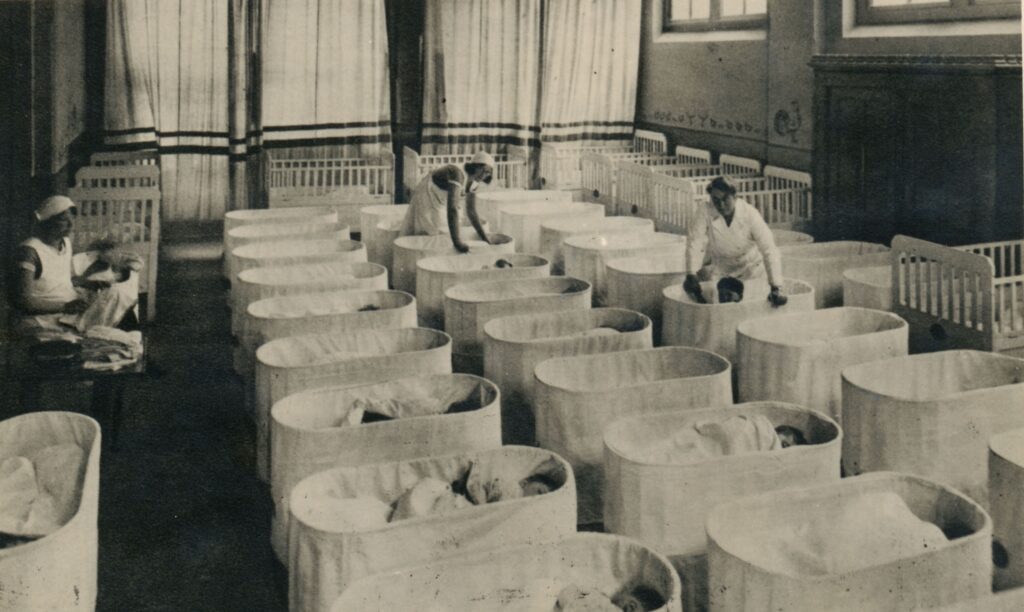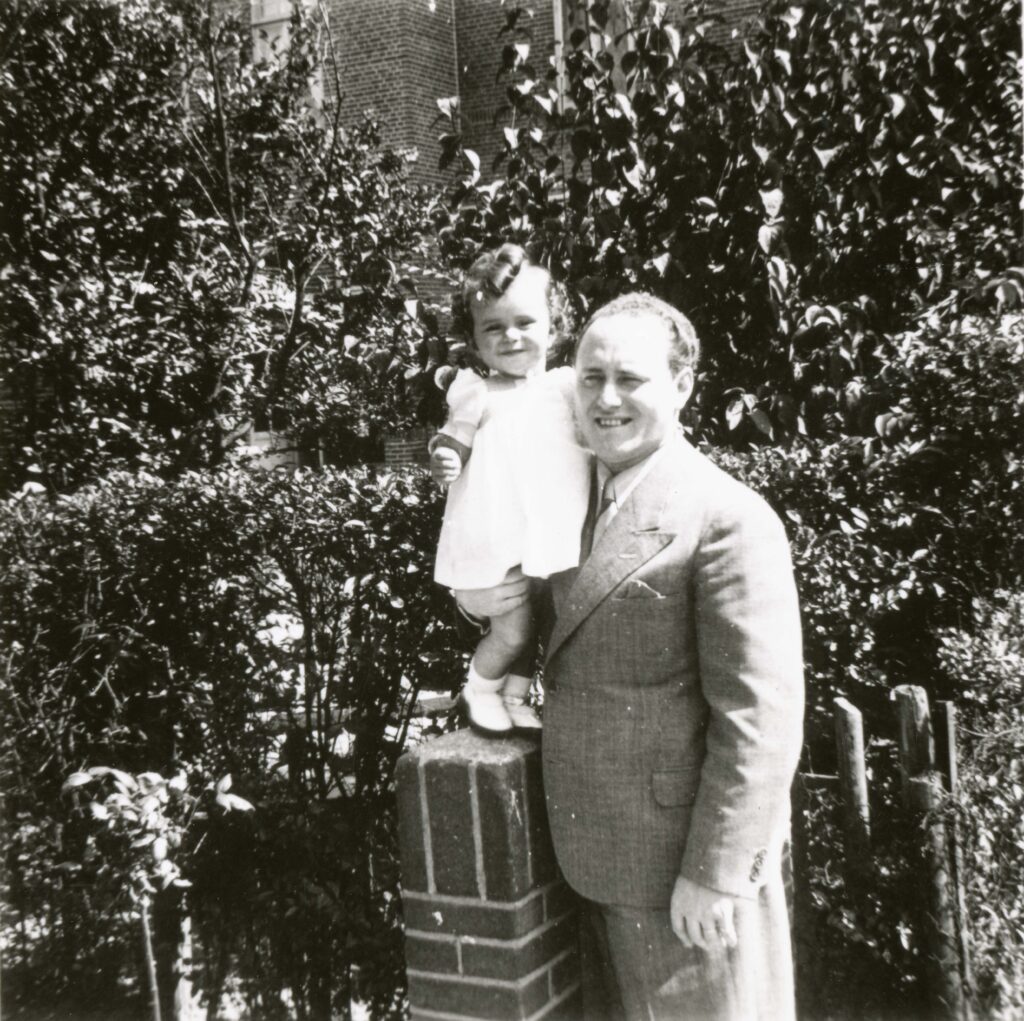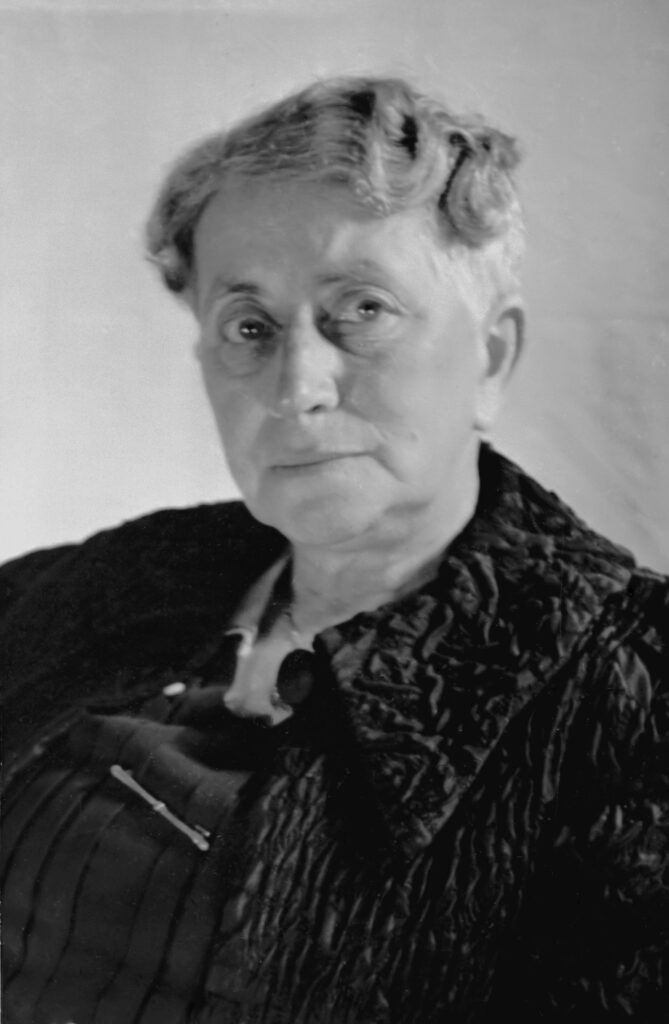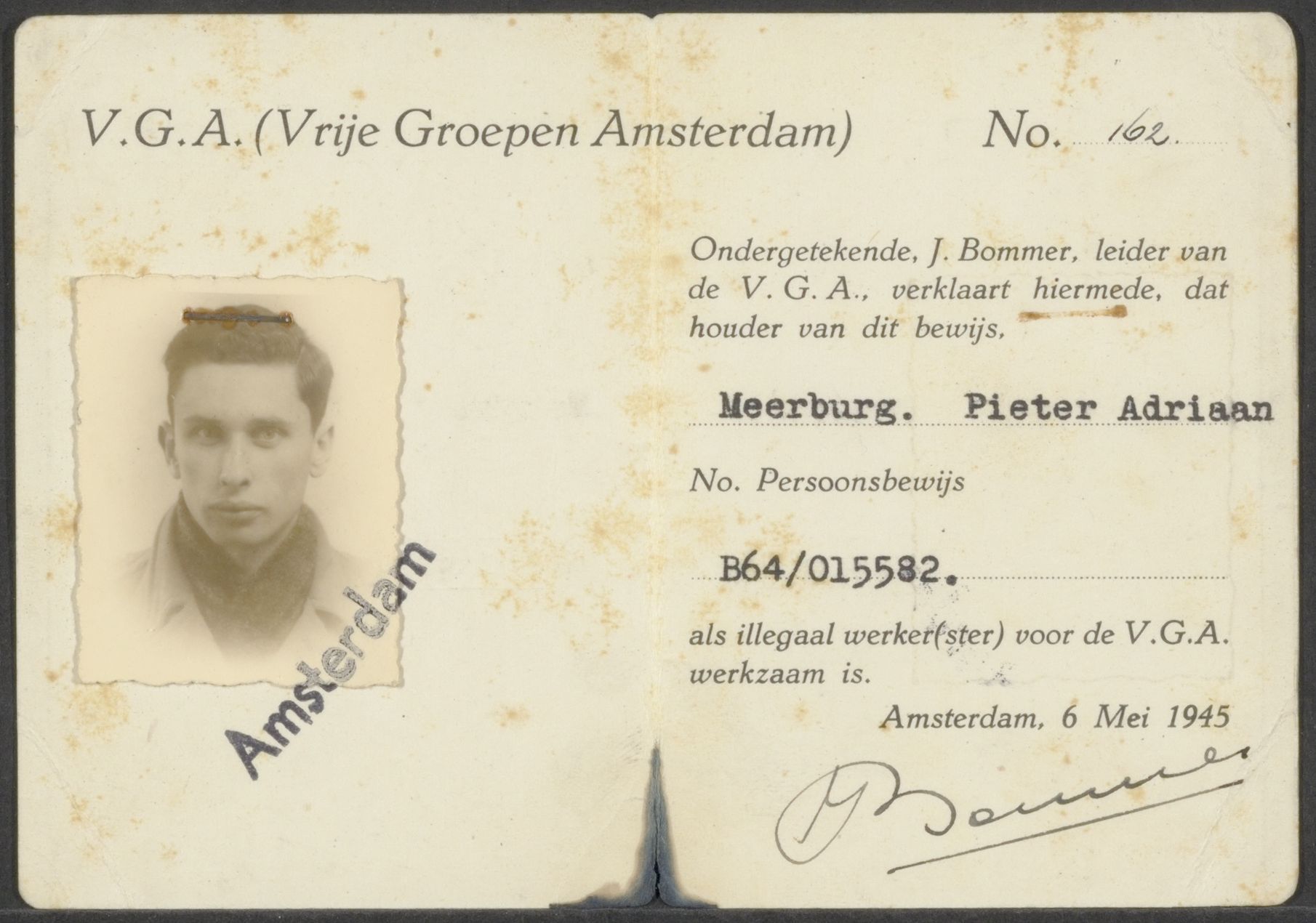Piet Meerbug was a member of the resistance in Amsterdam. He was the leader of a resistance group that helped to save hundreds of Jewish children from deportation and provided them with hiding places.
When the Netherlands was occupied, Piet Meerburg had just started studying law in Amsterdam. During the first two years of the occupation, he simply studied, but gradually he also became involved with the resistance.
In July 1942, when the deportations of the Jews from the Netherlands began, a resistance group from Utrecht asked Piet if he could help to find hiding places for Jewish children. “Then I realised that this illegal work would give me a day job. I quit my studies completely.”
In Amsterdam, the Hollandse Schouwburg theatre was used as a deportation centre. Jewish children would stay in a nursery opposite the theatre before they were deported. The Jewish staff at the theatre and nursery smuggled hundreds of children away with the help of non-Jewish students, like Piet. He looked for hiding addresses, often in Friesland and Limburg, regions far from Amsterdam: “Babies were never a problem. But when it came to older boys with distinctly Jewish looks, that was a different story.”
A major obstacle was that parents didn’t want to hand over their children. Piet understood that. Who would just give their child away?” Walter Süskind was the linchpin. As a Jewish Council employee, he knew which parents wished their children to go into hiding.” Jewish nursery director Henriëtte Pimentel helped children to secretly escape through a smuggling route provided by the director of the adjacent school.
According to Piet, a special atmosphere developed among the young helpers: “The tension, fear and camaraderie. Sometimes this aroused strong feelings of love.”
After the war, Piet went to work for the Commission for War Children. Some 5,000 Jewish children survived the war in hiding, often in the homes of Christian foster families. Around 2,000 of these children lost both parents. A conflict emerged around them: should they stay with their Christian hosts or be raised by their Jewish relatives? Piet left the Commission because of this conflict.


© Beeldbank WO2 – NIOD

